Search

News & Events
Nine-year-old Beau cuts his curls to fight cancerMeet Beau Jones. Beau is nine-years-old and lives in Eaton where he likes playing basketball and hanging out with his brothers. He’s also passionate about standing up to cancer!
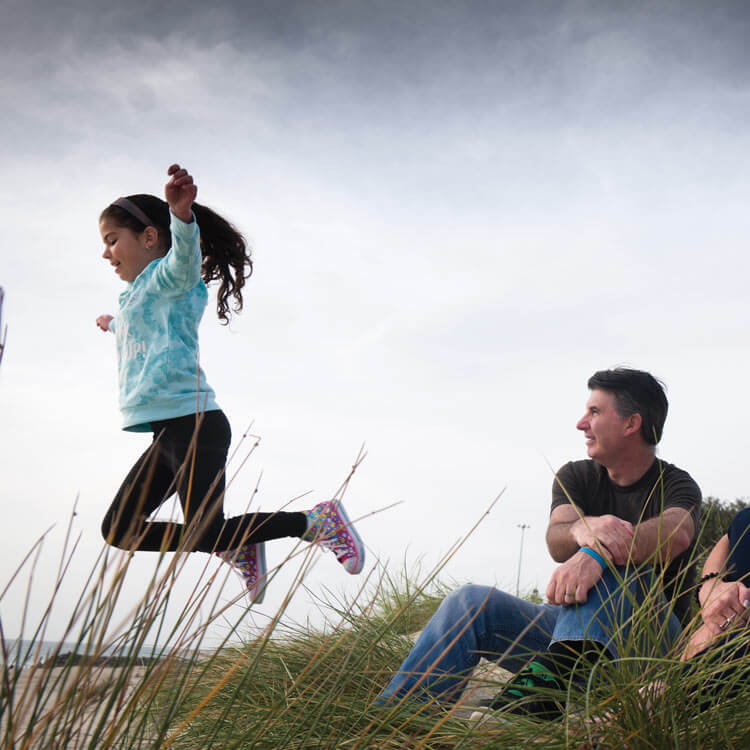
Hope ahead for children with CF, as life expectancy continues to grow thanks to research.
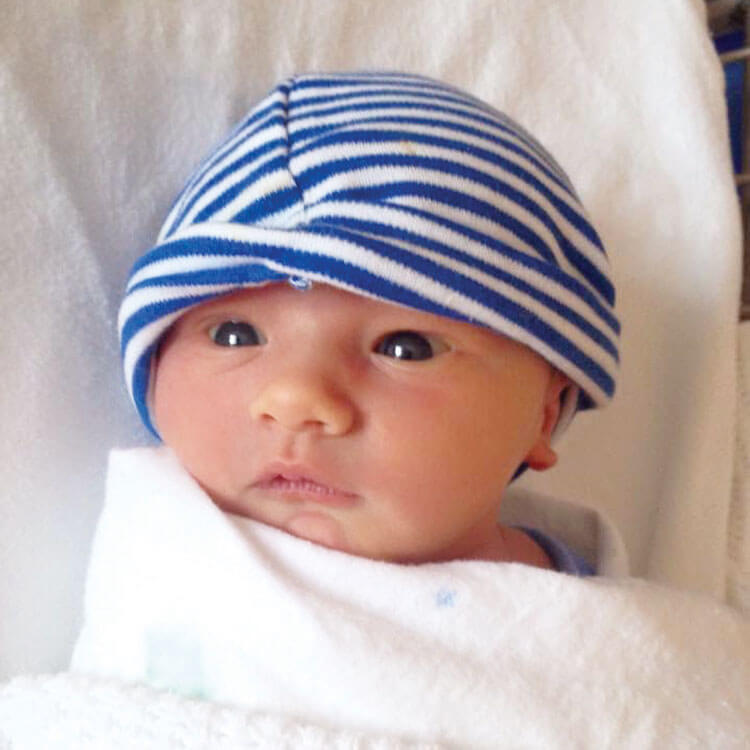
The quest to stop infectious diseases from killing our kids
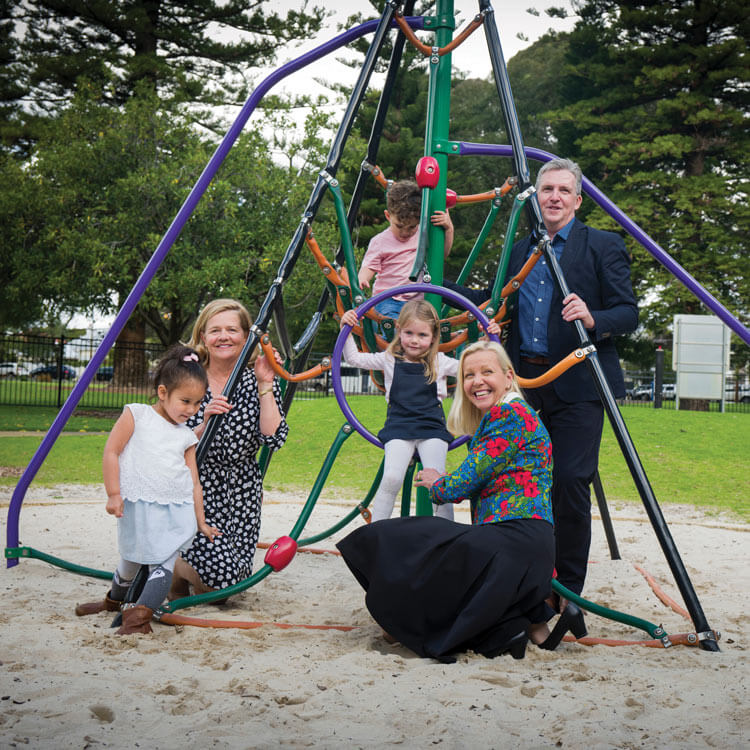
Minderoo Foundation and The Kids join forces to give children the best possible start.

In anticipation of moving to our new home within the Perth Children’s Hospital, The Kids would like to thank both the State and Federal governments for fun
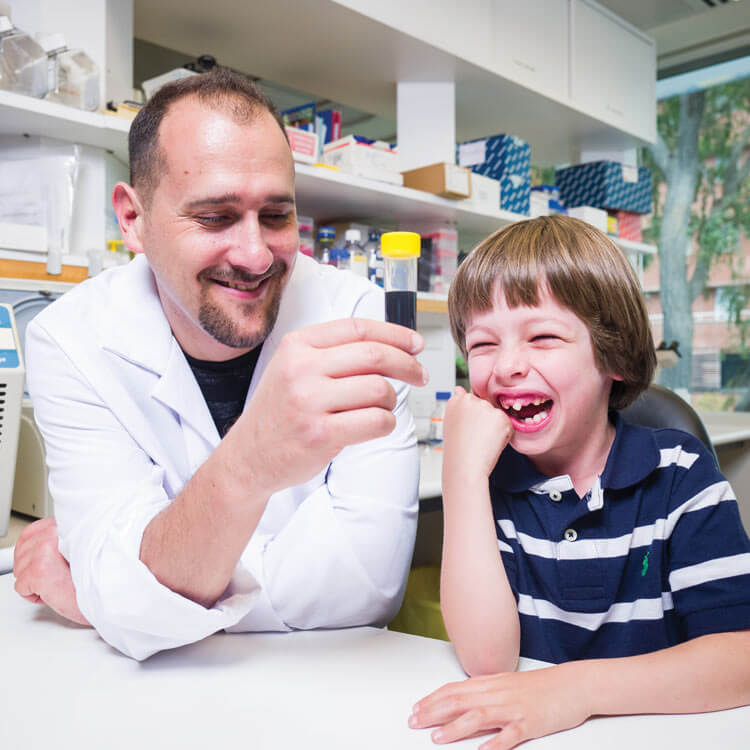
Thanks to an enabling donation from the Stan Perron Charitable Foundation, The Kids Research Institute Australia is home to one of the first paediatric personalised medicine research centres in the world.

News & Events
Making the most of nappy changesIn this blog, Speech Pathology Clinical Lead Aria May and Occupational Therapy Clinical Lead Marie Rodatz share their top tips for making the most of nappy changes to help create more opportunities for connection.

News & Events
Increasing independence in daily living tasksIn this blog, Occupational Therapy Clinical Lead Marie Rodatz shares top tips for developing independence with daily living skills —bathing or showering, washing hands, brushing teeth and dressing — in children.
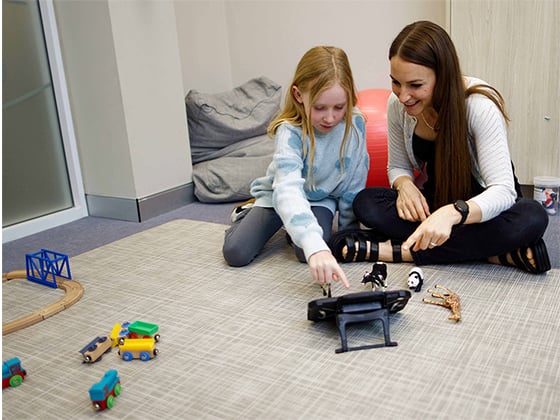
Research
Risk factors associated with post-tuberculosis sequelae: a systematic review and meta-analysisPost-tuberculosis (TB) sequelae present a significant challenge in the management of TB survivors, often leading to persistent health issues even after successful treatment. Identifying risk factors associated with post-TB sequelae is important for improving outcomes and quality of life of TB survivors. This systematic review and meta-analysis aims to identify risk factors associated with long-term physical sequelae among TB survivors.
